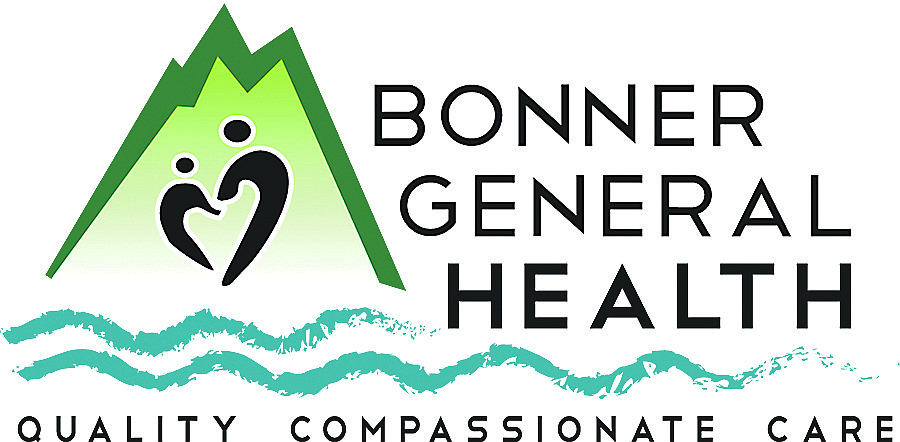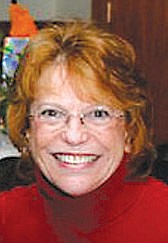National Nurses Week starts Friday
A nurse should demonstrate “good behavior, distinguished for purity or cleanliness of habits,” explains an article published by the Royal College of Nursing. “They should also be attached to the person for whose service they are engaged, possessed of cleverness and skill, endued with kindness, skilled in every service that a patient may require.”...
Become a Subscriber!
You have read all of your free articles this month. Select a plan below to start your subscription today.
Already a subscriber? Login




